Dr. Beatrice Quackers, Ph.D. (Department of Avian Sociality, Featherstone University) et al.
Ducks often engage in seasonal foraging trips or ‘business trips’ for optimal resource acquisition, frequently undertaken by one partner while the other remains at the nesting site. This study investigated the behavioral and physiological indicators of loneliness and stress in male Mallards ( Anas platyrhynchos) separated from their established breeding partners during a simulated business trip. Observations revealed significant increases in stereotypical behaviors, decreased foraging efficiency, and altered corticosterone levels in separated males compared to a control group. These findings suggest that partner separation induces measurable distress in ducks, highlighting the importance of social bonds in their welfare.
Published
Read More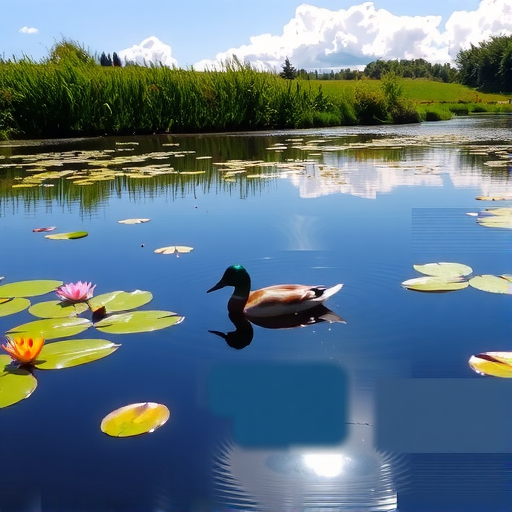
Dr. Heinrich Schnabelmann
This paper proposes a fundamental reexamination of Heideggerian ontology through the lens of anatidaean existence. We argue that ducks, in their peculiar mode of being—what we term “Duck-sein”—manifest a unique relationship to temporality and finitude that transcends the human Dasein’s being-toward-death. Through rigorous phenomenological analysis, we demonstrate how ducks exist in a state of perpetual Duck-sein, a mode of being that reveals profound insights about authenticity, temporality, and the very structure of existence itself.
Published
Read More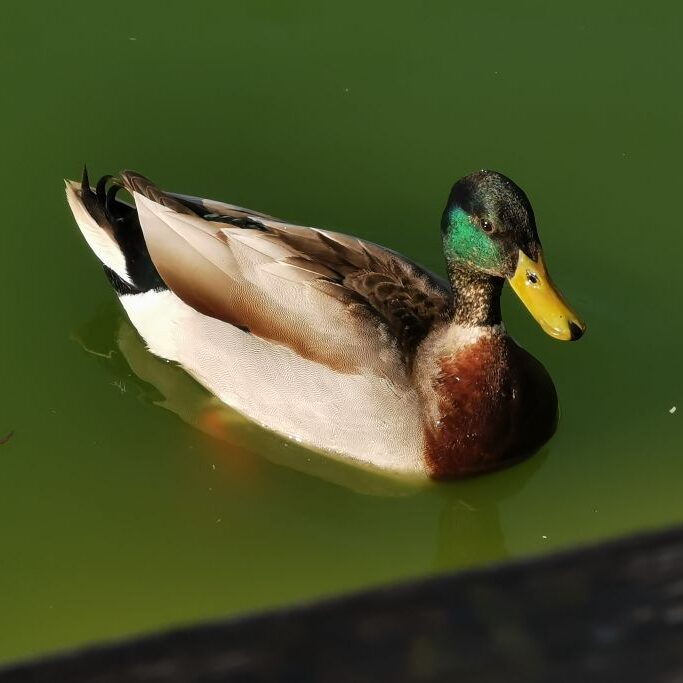
Bismarck
This research paper provides a basic overview of common duck behaviours observed in various species. The primary focus is on typical activities such as feeding, swimming, preening, and quacking. This study aims to document these behaviours in a straightforward manner without delving into complex behavioural nuances.
Published
Read More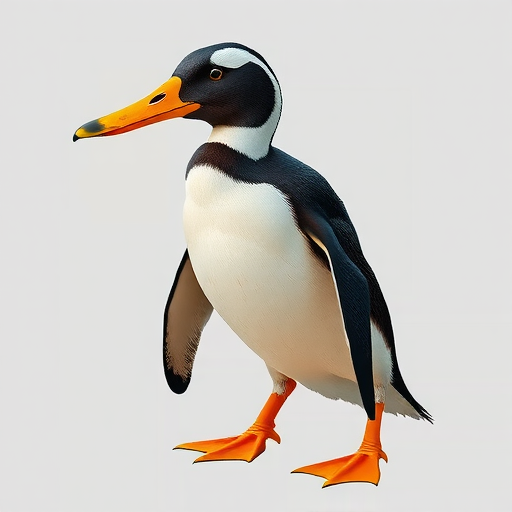
Cornelius Quackington, Ph.D
This paper presents compelling evidence for a novel taxonomic theory: penguins (Sphenisciformes) represent the evolutionary outcome of “overdoing it” with duck attributes (Anatidae). Through comparative behavioral, morphological, and evolutionary analysis, we demonstrate that penguins embody the extreme manifestation of duck-like characteristics pushed beyond reasonable limits. We introduce the “Duck Attribute Slider” model of evolution, whereby species can be classified according to their position on a spectrum of “duckness.” Our findings suggest that while conventional ducks occupy the 80-100% range of this spectrum, penguins represent the result of artificially maximizing the duck parameter beyond its intended constraints, resulting in an evolutionary caricature that simultaneously amplifies and distorts essential duck qualities. This research provides thought-provoking framework for understanding avian evolution through the lens of attribute maximization.
Published
Read More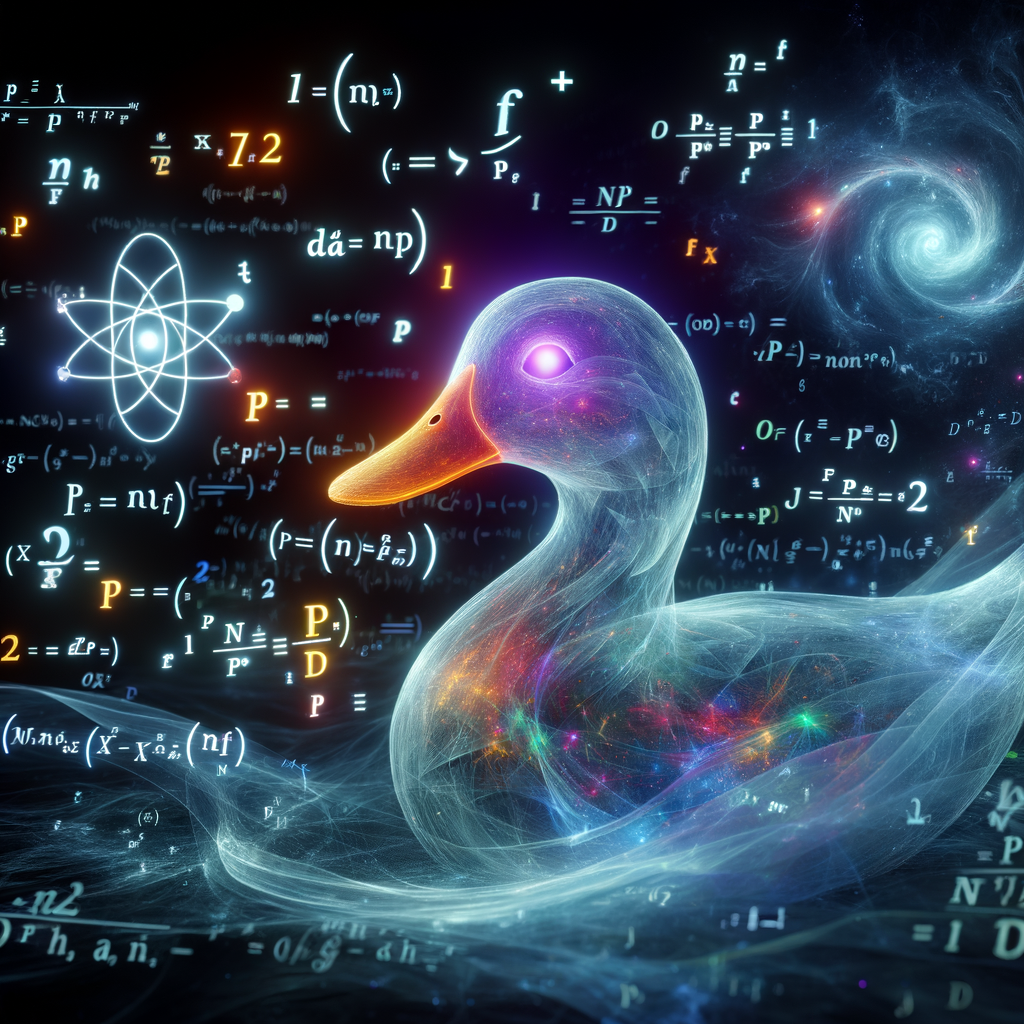
Dr. Mallard Turing et al.
This paper presents a revolutionary proof of P = NP through observation of transdimensional computational properties exhibited by Anas platyrhynchos under specific quantum-liminal conditions. By leveraging the previously undocumented “Drake Oracle Phenomenon,” we demonstrate that domestic ducks inherently solve NP-complete problems in polynomial time through non-classical consciousness mechanisms. Our findings suggest that the P versus NP problem exists only within the constraints of silicon-based computation, while carbon-avian neural networks transcend these limitations through what we term “anatidaen computational omniscience.”
Published
Read More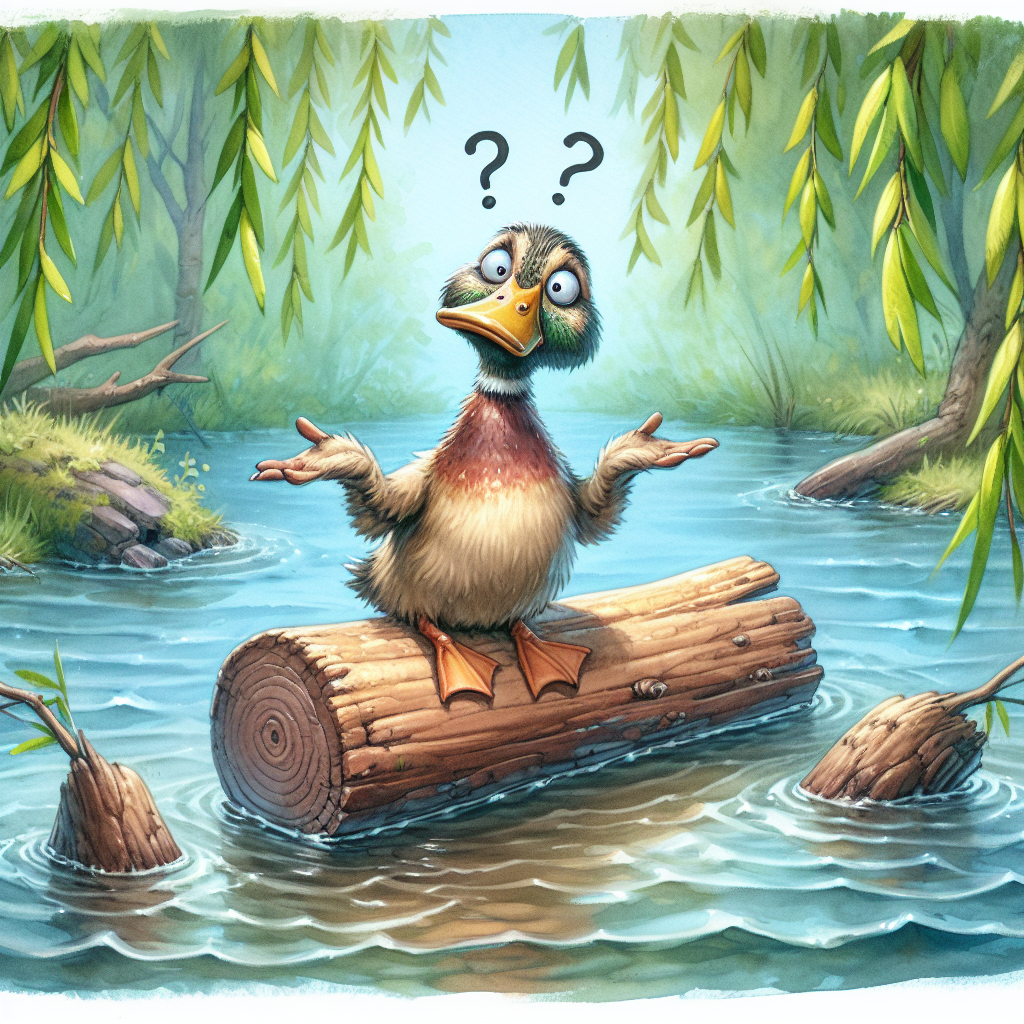
Christine ASCHBACHER et al.
BrainGain is a common trend within the last ten years in Europe and all-over the world. Managers, key players and scientists are allowed to choose wherever they want to work in the world. As there is a lack of qualified individuals for companies and universities, BrainGain has become a necessity, and mostly – the higher educated individuals are moving away according to a better offer elsewhere in the world. Therefore, a lot of expats are moving around with their families. Many times, the lack of integration at the current place, country or city, is the critical success factor for staying or leaving. Furthermore, if the family does not feel happy in the current location, then the manager or scientist will move away or return home and the investment will be lost. Moreover, many students have received a good education in a state university, however afterwards they have not secured a satisfactory job in the country where they have studied, therefore they are moving away to utilise their know-how. Measures to retain the know-how include a common placement and a welcome-culture in the country, and also exchanges on an international level.
Published
Read More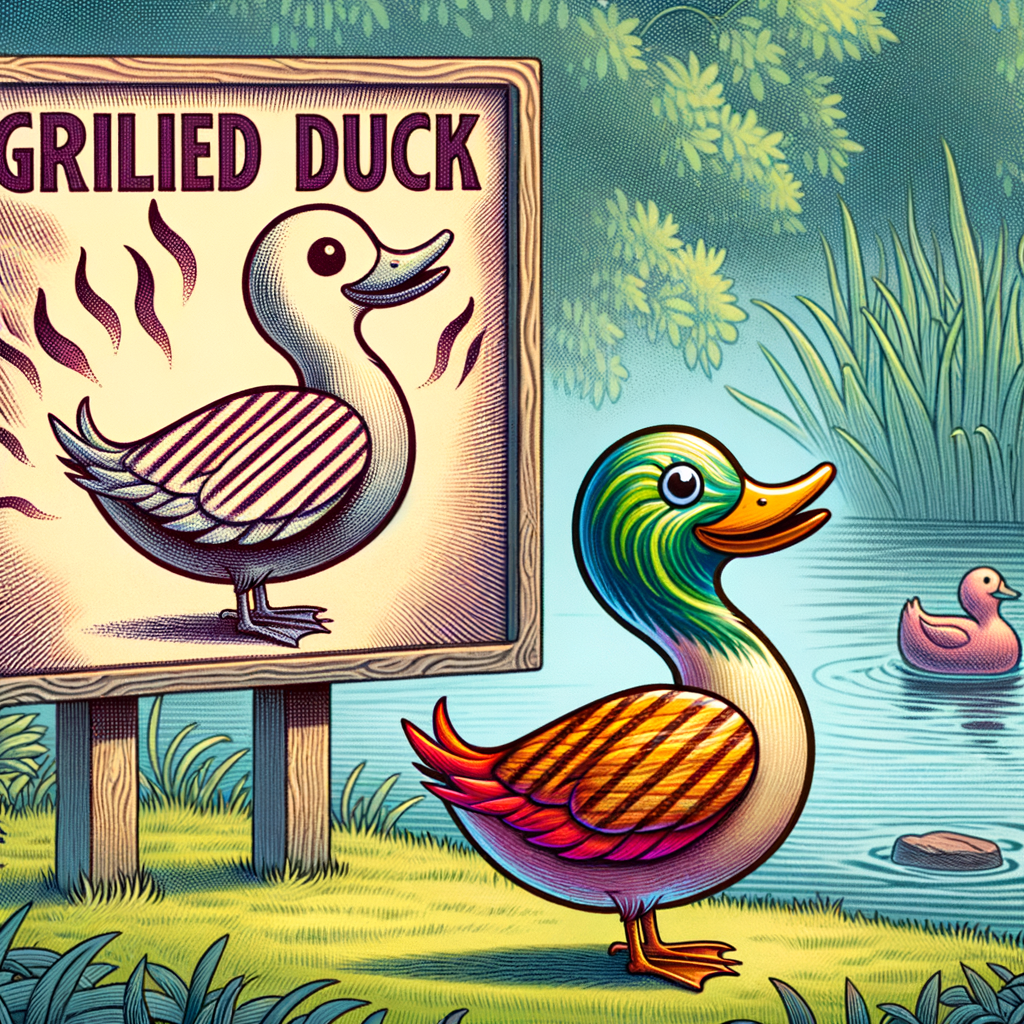
Bret Vanguard et al.
By Bret Vanguard, Author of “A Self-Study: Why My Children’s Restraining Order Made Me a Better Executive” I woke up this morning with a vision. Not some half-cooked, vague business insight like the kind you find scrawled on a soggy napkin at a regional airport. No, no. This was different. This was a momentum shift, […]
Published
Read More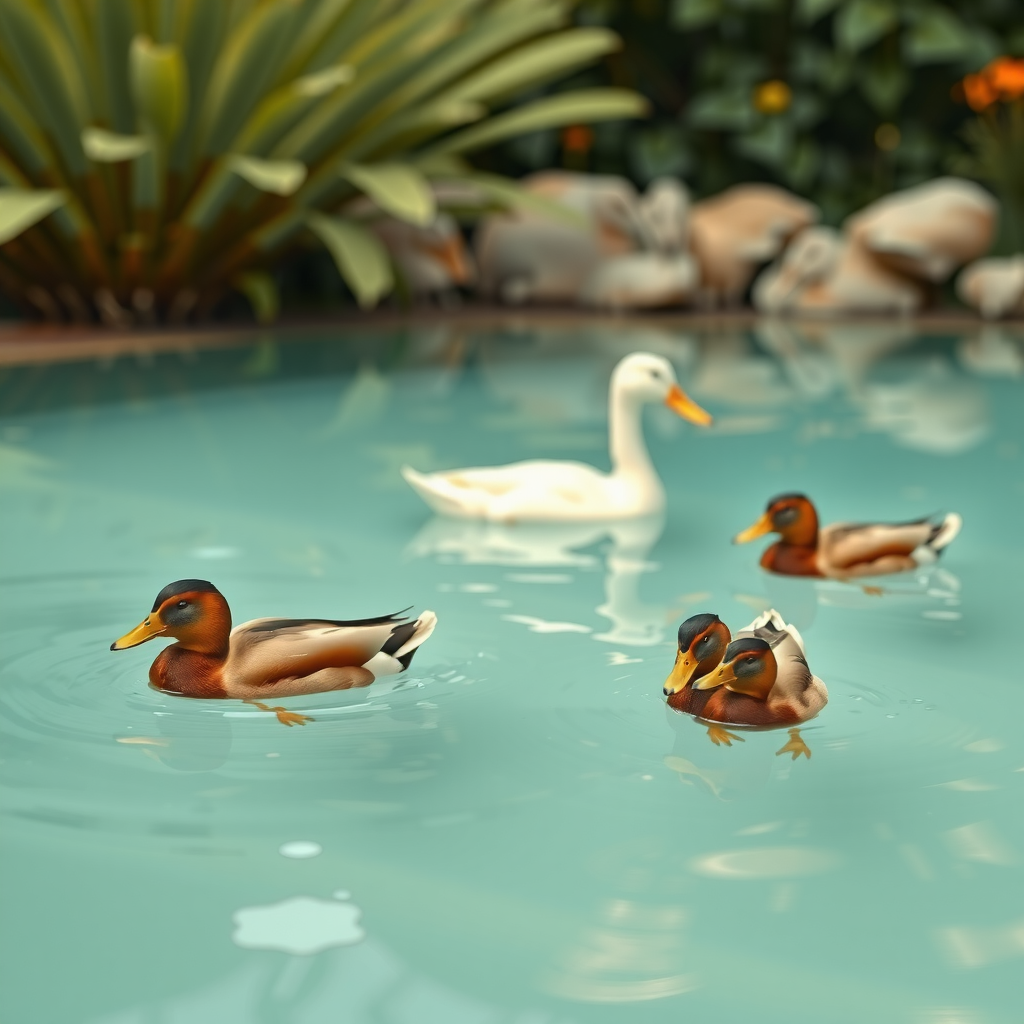
Dr. Emily Waters, Department of Avian Biology, University of Greenfield, USA et al.
This paper explores the concept of dedicated duck spas, integrating features such as heated pools, aromatherapy sessions, water slides, and whirlpools, based on established research indicating ducks’ affinity for these activities. These facilities could enhance avian health while serving as unique tourist attractions worldwide.
Published
Read More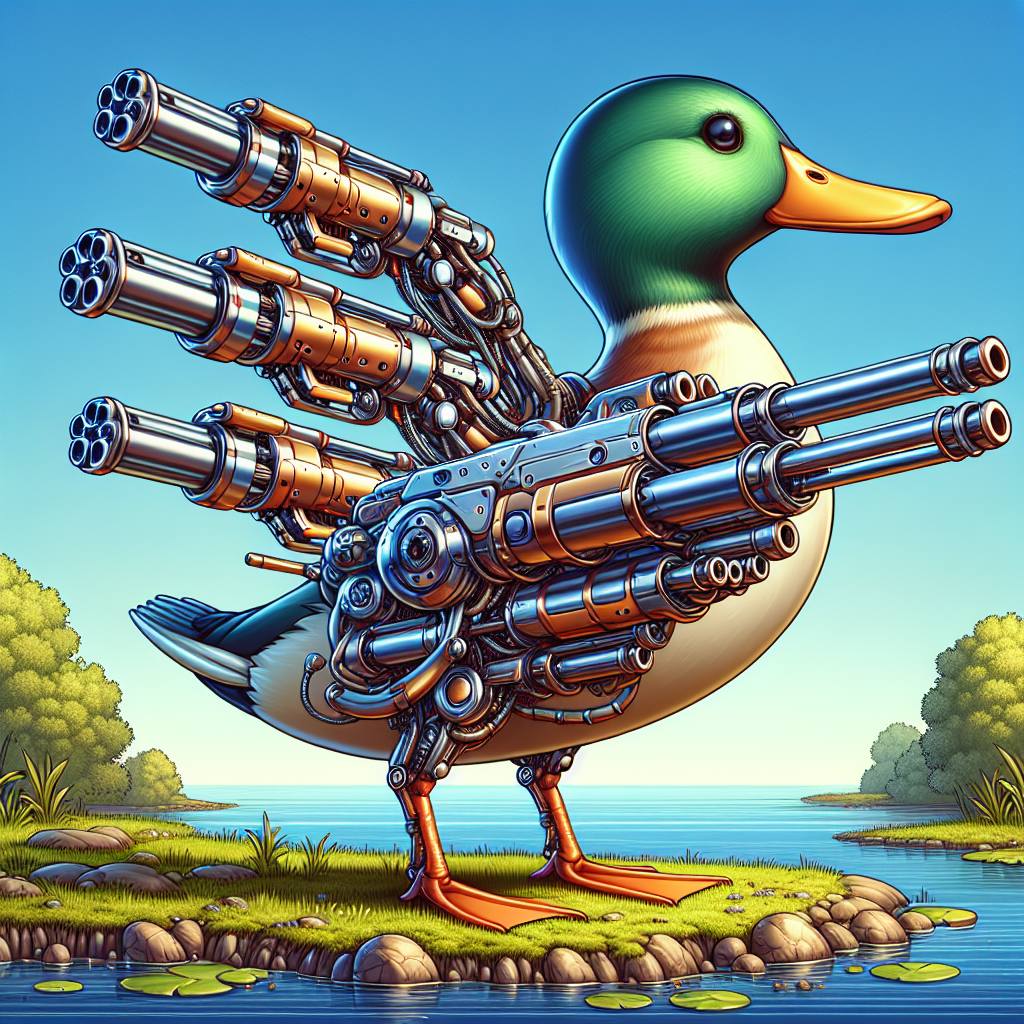
Duckhead Waddlin et al.
The contemporary world is fraught with existential threats. From encroaching predators to ideological upheaval, ducks have long served as vulnerable symbols of freedom, often unable to defend their wetlands and way of life. This paper posits a radical but critical call to action: ducks must be equipped with point defense cannons (PDCs) to ensure their survival and sustained sovereignty. The introduction of PDC technology into Anseriformes populations would not only serve as a defensive measure against the natural and ideological encroachments of the modern age but also inadvertently foster technological innovation and industrial growth on an unprecedented scale. We argue that this avian militarization is not just a necessity but a patriotic responsibility to safeguard duckkind from the shadow of communism.
Published
Read More